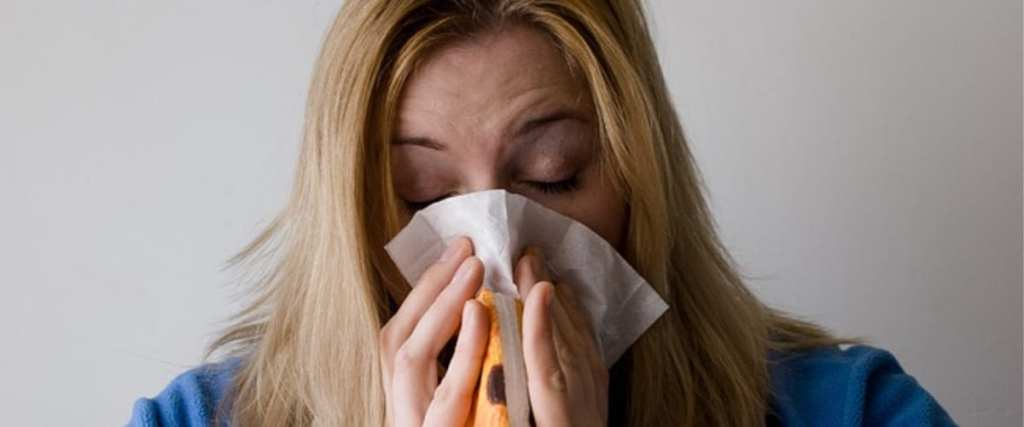If you want to feel safer in your community, it turns out you can just wait until allergy season and then go about your business worry-free.
Because, much in the same way you feel like crap when allergies attack, it turns out criminals are less likely to go about their regular day when they’re not feeling up to snuff.

Image Credit: Pixabay
We know this because of a study recently published in the Journal of Health Economics, which found that when large cities experience a drop in violent crime, it typically happens while the pollen count is unusually high.
“Leveraging daily variation in local pollen counts in 16 US cities, we present novel evidence that violent crime declines by approximately 4% on days in which the local pollen count is unusually high. …While this might sound like a small behavioral response, it is on par with the change in crime that would be expected to accrue from a 10% increase in the size of a city’s police force.”
The researchers looked at crime levels in Chicago, Georgia, and New York, and while the results matched up when it came to violent crime – even domestic violence – property crimes did not seem to be affected.

Image Credit: Pixabay
It seems that if a plan to rob a house or a bank is already in progress, no one is going to cancel because they’re under the weather. Gotta pay the bills and all that.
“Given that the effects we observe are driven by a decline in a residential, mostly family violence, despite the fact that, if anything, there is more residential interaction on high pollen days, this is not merely a story about a change in opportunity or routine activities.”
It’s pretty remarkable when you think about it – even though people are more likely to be at home, where domestic violence typically occurs – these violent crimes are still less frequent.
“Violence responds to other situational factors which shift the costs and benefits of offending and precaution: malaise driven by pollen allergies.”

Image Credit: Pixabay
Basically, people may be too drowsy or unwell to commit crimes of passion.
The authors of the study believe that their findings show not just how crime is sensitive to allergens, but how it can be affected by changes to public health altogether.
“Our results do not show evidence of temporal displacement or state dependence, and hence the data are most consistent with the proportion that high pollen days prevent crime rather than delay it.”
So, people don’t “make up” for their drowsy, crime-free days by doing more crime afterward – the high allergy days actually seem to prevent crime.
I’m not sure how local law enforcement could take all of this into consideration, but I feel like they should be able to, don’t you?
Let’s figure it out together in the comments…






